Royal Caribbean Lifts Profit Outlook as Premium Cruise Demand Soars
Royal Caribbean Group $RCL has revised its annual profit forecast upward, driven by a surge in demand for high-end cruise experiences and lower fuel expenses. The cruise operator’s improved guidance reflects not only operational efficiencies but also a shifting consumer preference toward premium leisure travel, especially among younger demographics.
With bookings exceeding pre-pandemic levels and luxury itineraries selling out at a rapid pace, the company is capitalizing on a wave of interest in experiential travel, even as broader discretionary spending shows signs of softening.
Premium Voyages Navigate Through Market Challenges
Despite macroeconomic uncertainties and tighter consumer budgets in other sectors, the cruise industry—particularly its upscale segment—continues to outperform expectations. Royal Caribbean's financial performance highlights how the sector is adapting to new consumer trends, maintaining strong pricing power and maximizing yield per passenger.
CEO Jason Liberty noted in a post-earnings call that while general spending may be contracting, vacation expenditures are not only holding steady but actually expanding. This resilience is especially pronounced among millennials and Gen Z travelers, who are showing strong interest in curated, all-inclusive, and luxury-centric vacation experiences.
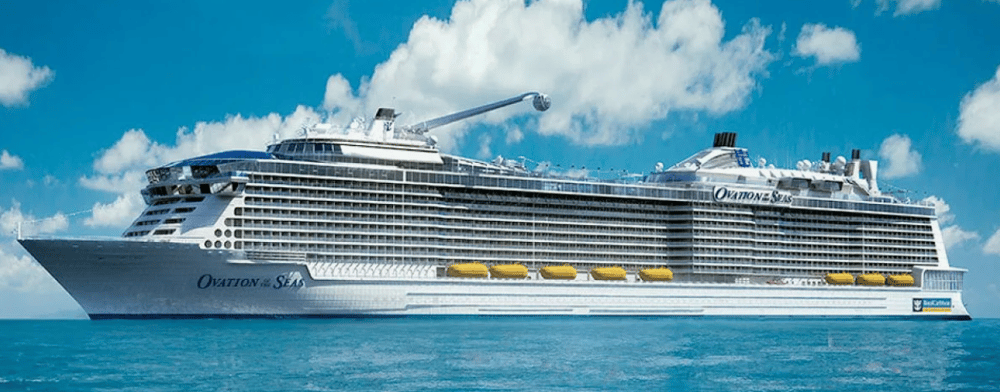
Key Catalysts Behind the Upgraded Outlook
Royal Caribbean’s improved annual guidance is underpinned by a combination of strategic positioning and favorable cost dynamics. Several interrelated factors have contributed to this performance:
Robust Premium Booking Volume
High-end routes, particularly those in Europe and the Caribbean, are experiencing record demand, helping lift revenue per available cabin.
Younger Traveler Engagement
Millennials and Gen Z are prioritizing travel and lifestyle experiences, fueling growth in a segment traditionally dominated by older consumers.
Decline in Fuel Prices
Lower bunker fuel costs have reduced one of the largest variable expenses in cruise operations, bolstering margins.
Improved Onboard Spending
Passengers are spending more on luxury upgrades, specialty dining, and entertainment, boosting ancillary revenue streams.
Operational Optimization
Streamlined fleet management and digital innovations are driving cost-efficiency and higher guest satisfaction.
Emerging Travel Tides to Watch
As Royal Caribbean sails ahead of its own forecasts, the cruise and leisure travel sectors are watching several concurrent developments:
Growth in Experiential Tourism: Travelers are increasingly favoring immersive, culturally rich journeys over conventional vacation packages.
Focus on Sustainability: Environmental impact is becoming a major consideration for cruise operators seeking long-term loyalty and compliance with regulatory shifts.
Flexible Itinerary Models: Dynamic pricing and modular vacation options are emerging in response to evolving traveler behavior.
Resurgence of Group Travel: Post-pandemic, group bookings—including weddings, reunions, and incentive travel—are bouncing back.
Technology-Driven Personalization: AI-based itinerary suggestions and onboard customization are enhancing the guest experience.






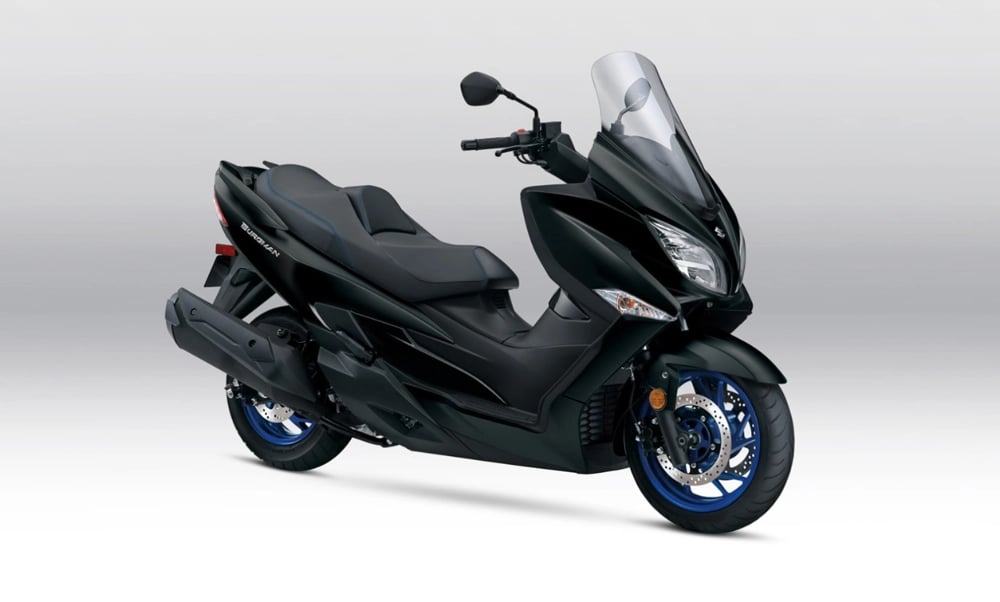


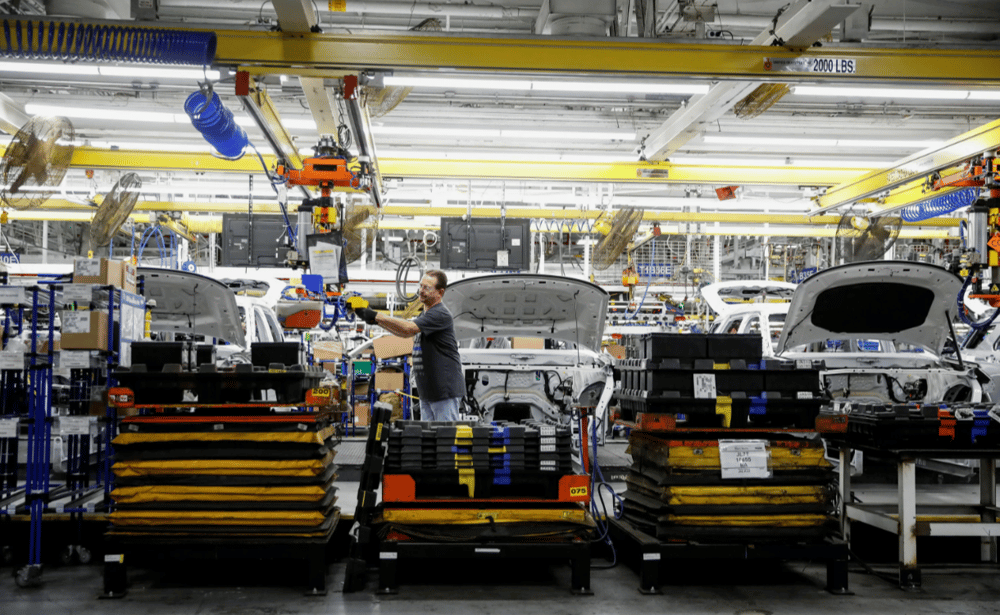

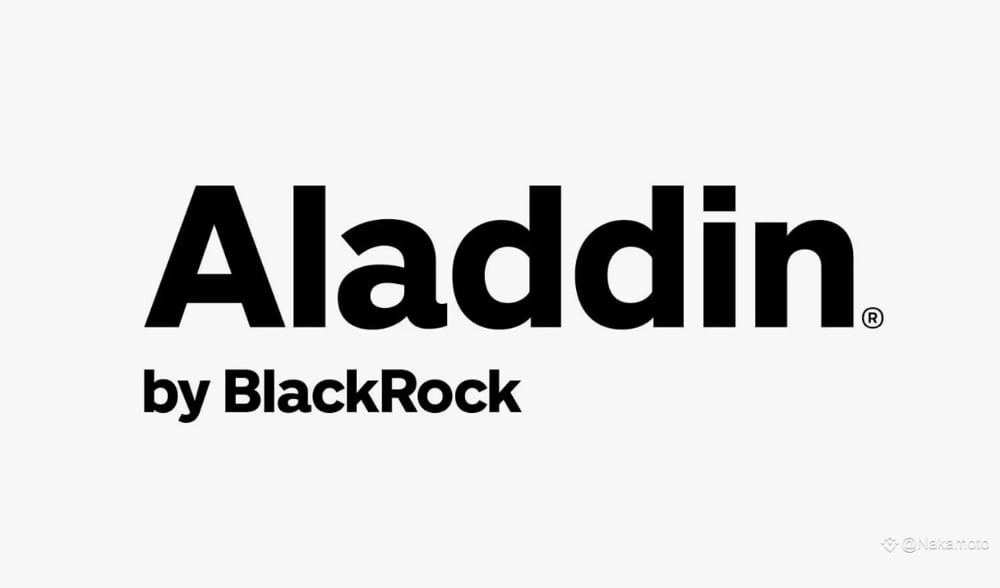
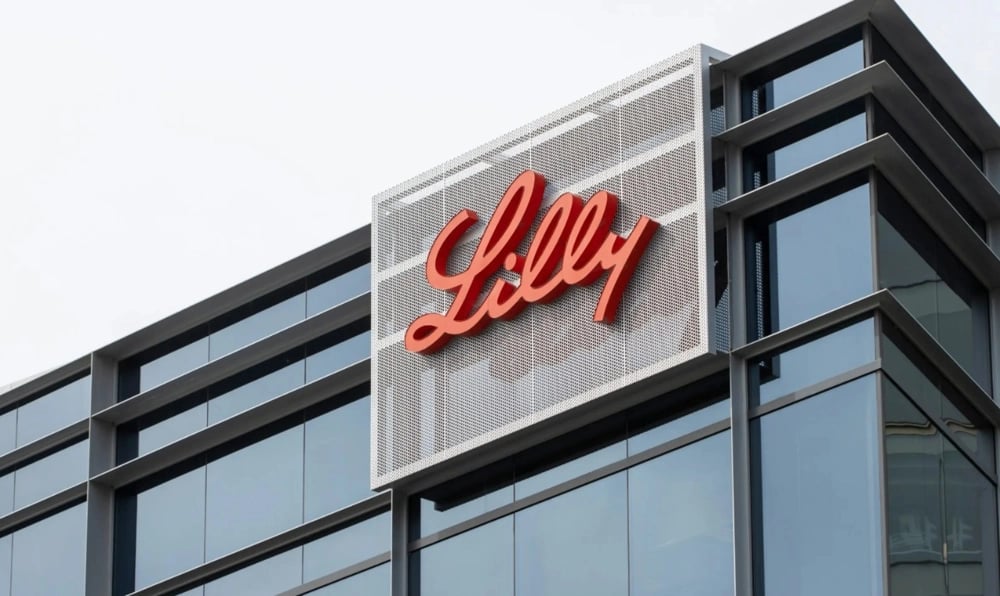




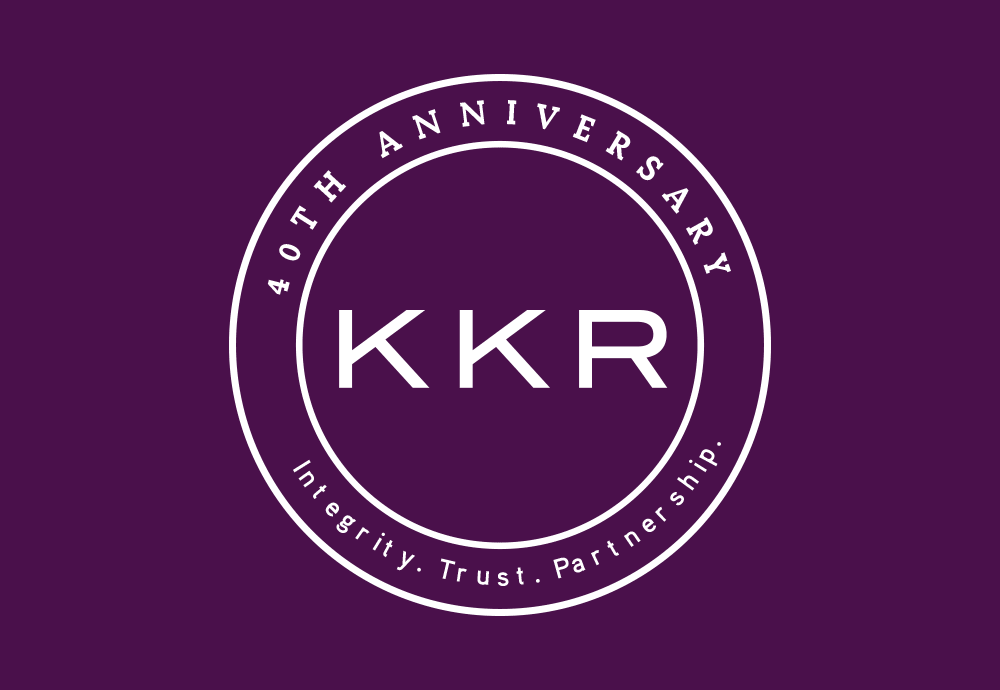
Comments